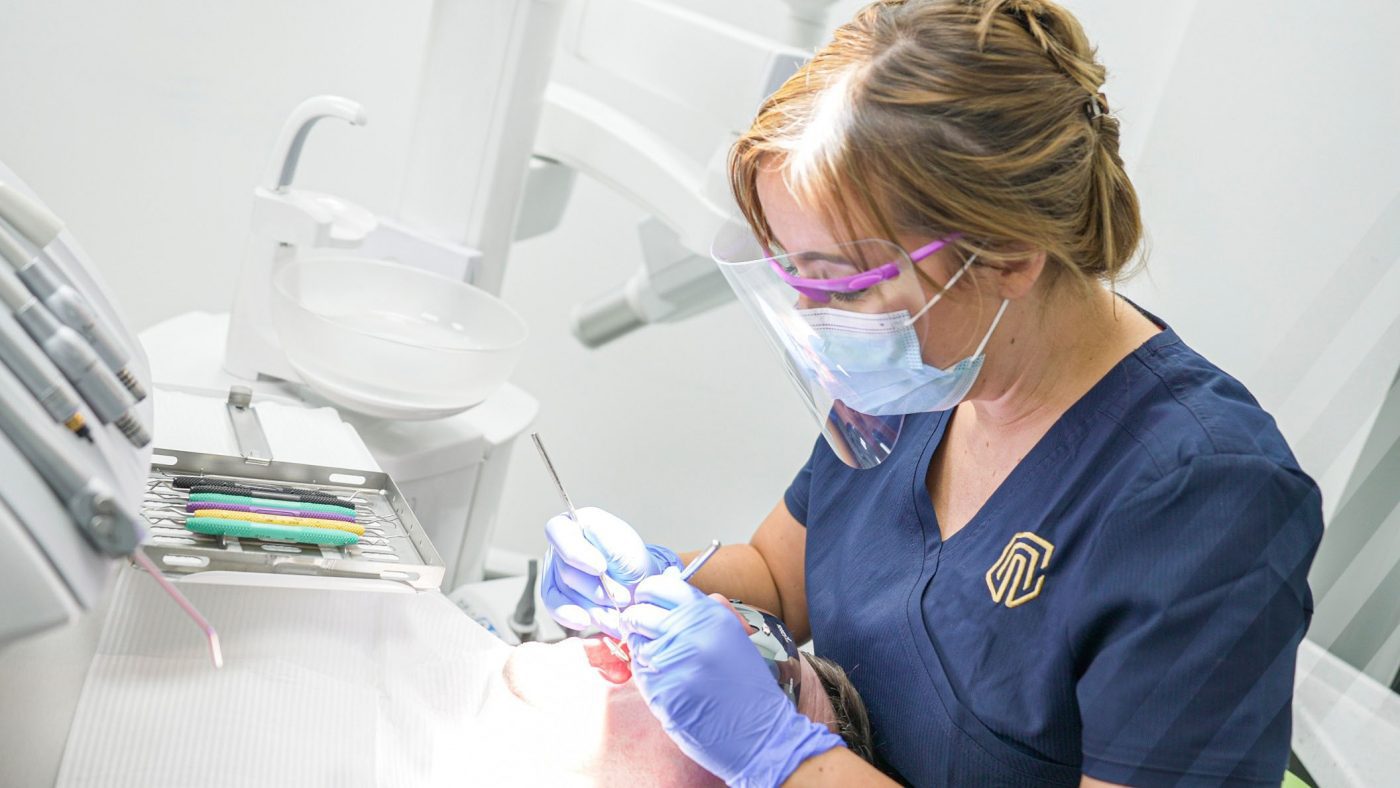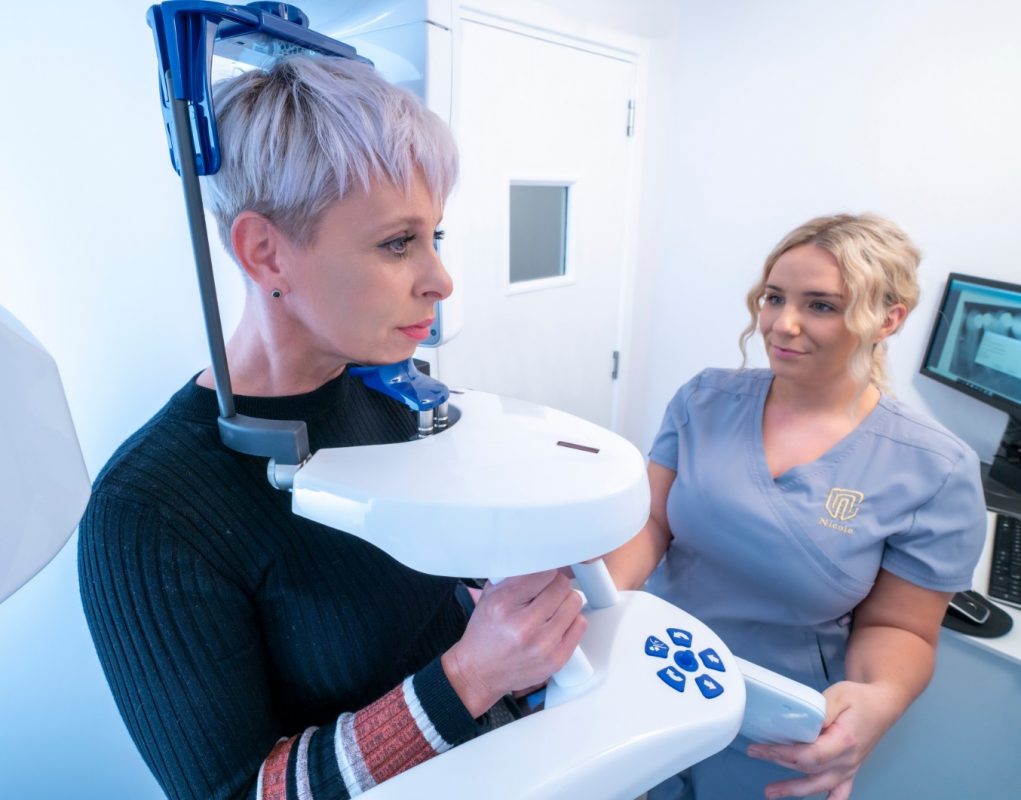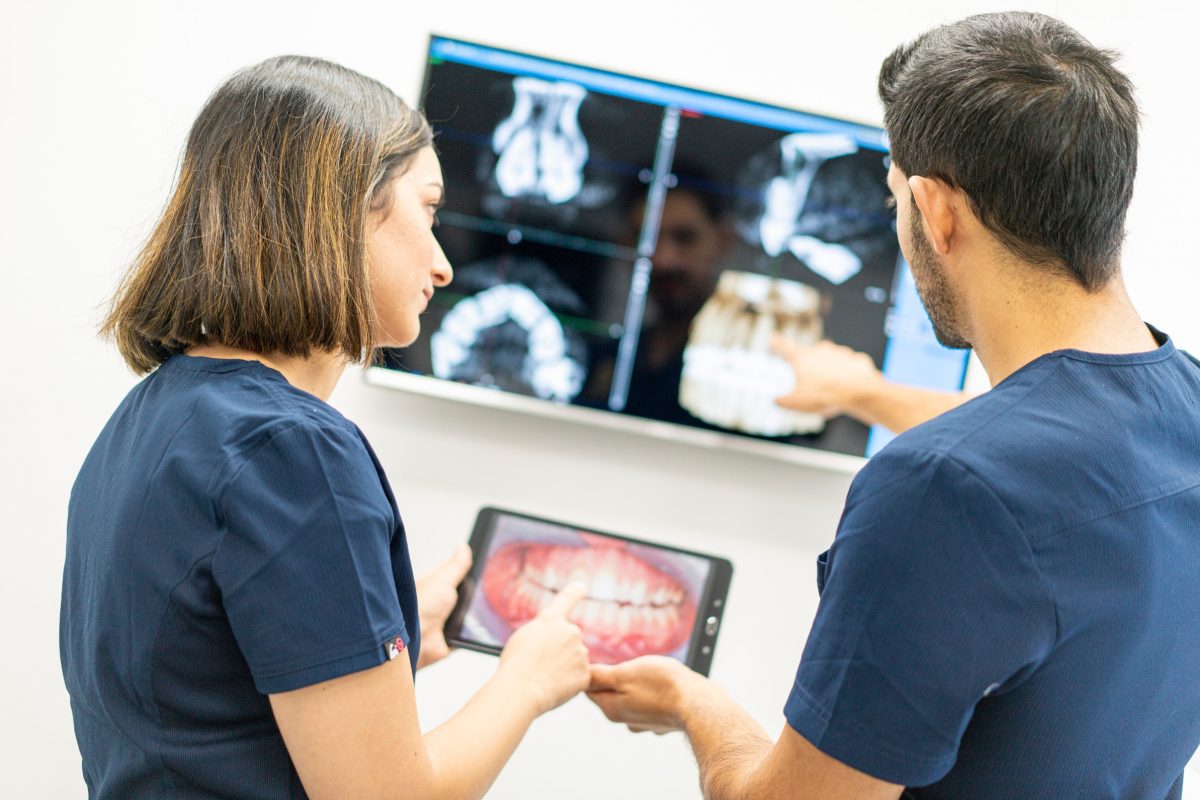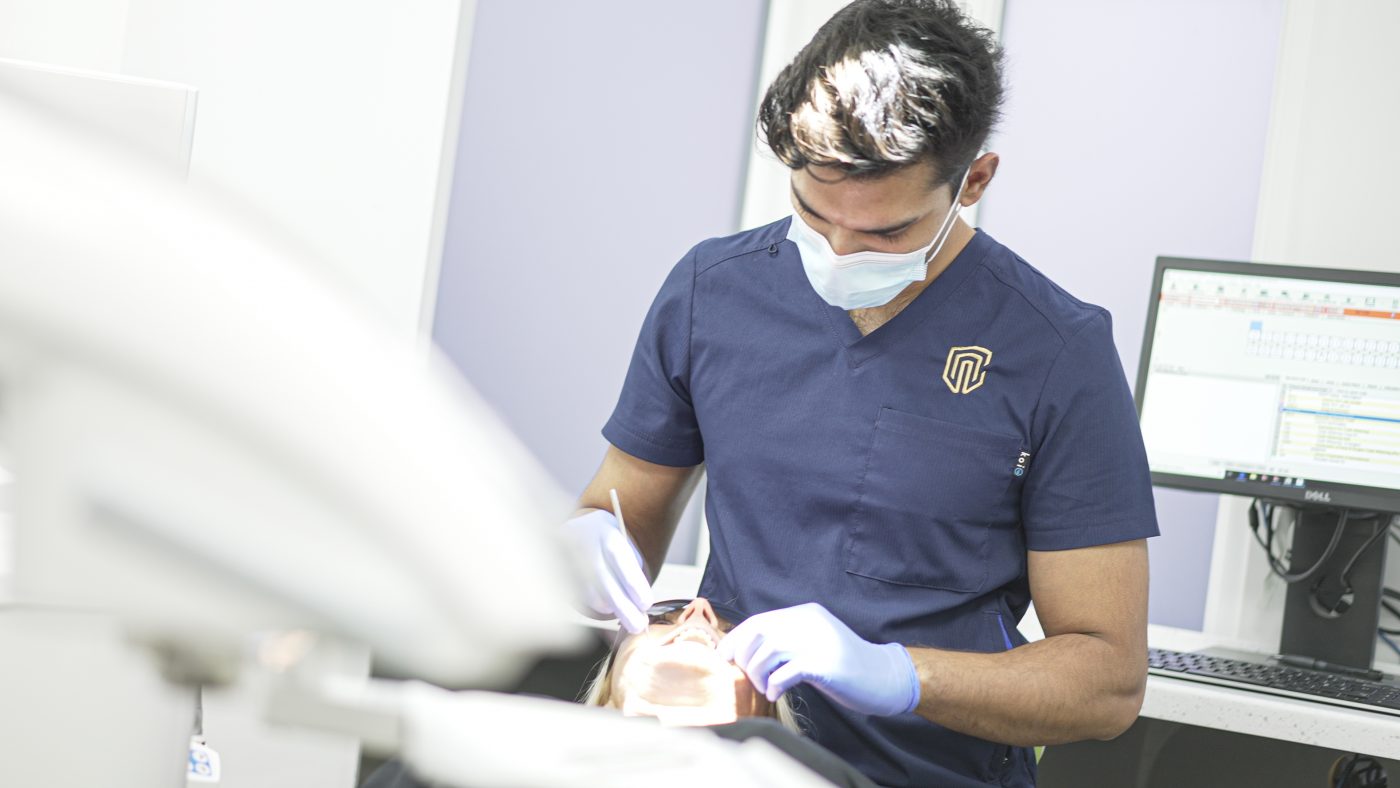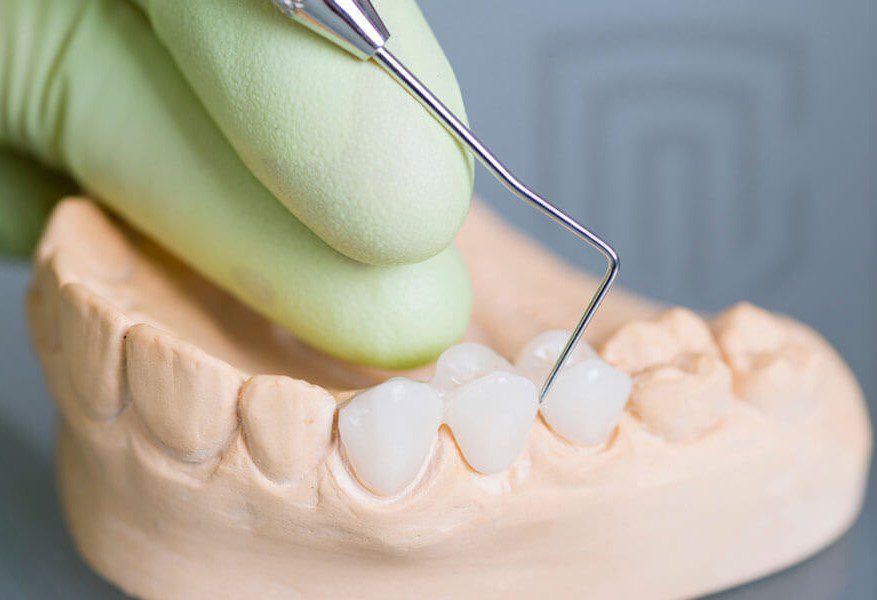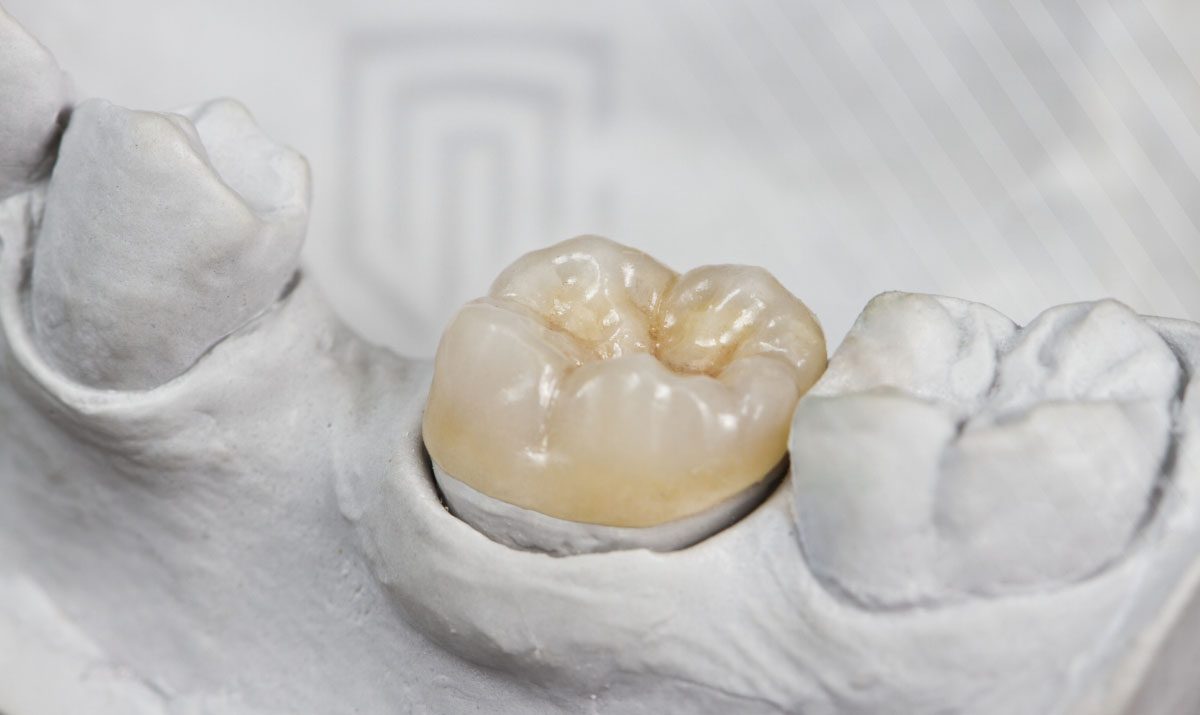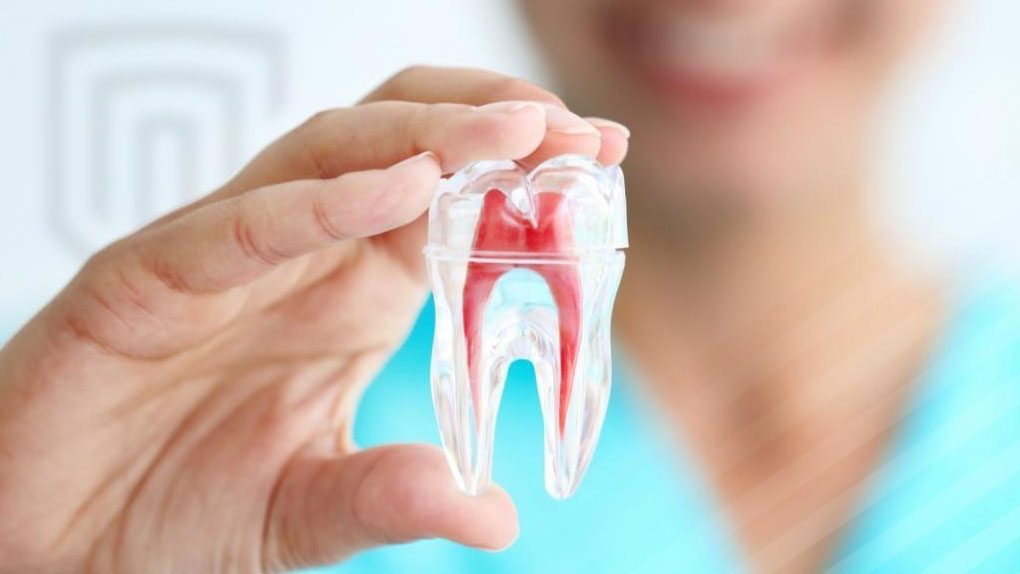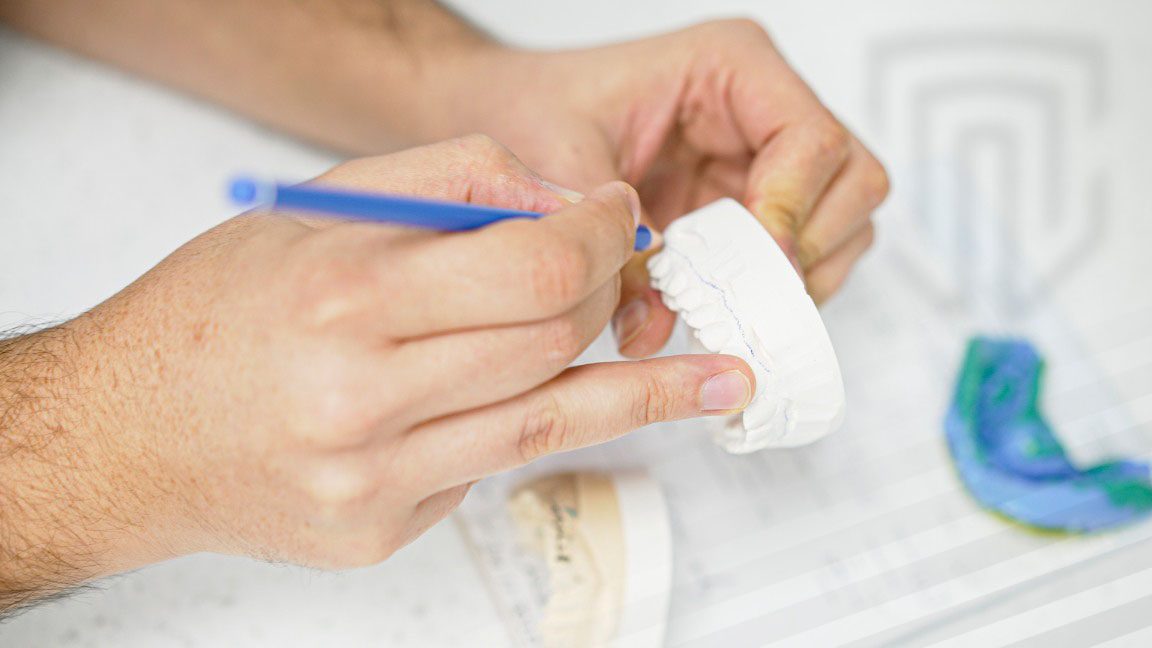Regular dental examinations help protect not just your oral health, but also your overall health. For instance, signs and symptoms of some systemic diseases, such as rheumatoid arthritis, lupus and diabetes, might show up in the mouth first. If your hygienist or dentist finds indications of disease, he or she will suggest that you see your doctor.
Also, the exam gives your dentist a chance to provide tips on caring for your teeth and to detect oral health problems early — when they’re most treatable.
During a dental exam, the dentist or hygienist will
- Evaluate your risk of tooth decay, gum disease and oral cancer
- Evaluate your risk of tooth decay, root decay, and gum or bone disease
- Evaluate your need for tooth restoration or replacement
- Check your bite and jaw for problems
- Demonstrate proper cleaning techniques for your teeth or dentures
- Possibly take dental X-rays or, if necessary, do other diagnostic procedures
- Ask about your health problems or medications you take and discuss how they might affect your oral health. If you have diabetes, for example, you’re at increased risk of gum disease.
- If you have prosthetic replacements — such as dentures or bridges — your dentist or hygienist will examine how well they fit and discuss the need for adjustments.
- Dental exams might also include discuss diet, the use of tobacco products and other lifestyle factors that can affect oral health.
X-rays aren’t typically needed at every dental visit and your dentist or hygienist will discuss the need for X-rays with you based on your oral health and risk of disease. X-rays aren’t typically needed at every dental visit, and your dentist or hygienist will discuss with you the need for X-rays based on your oral health and risk of disease.
Radiation exposure from dental X-rays is very low, especially from digital X-rays now used, but talk to the dentist if you’re concerned.
Oral Cancer Examination
During your dental check-up, your dentist or hygienist will look for signs of oral cancer.Diagnosis and Treatment Options
After your exam, the dentist or hygienist will discuss your oral health, including your risk of tooth decay, gum disease and other oral health problems, and preventive measures you can take to improve and protect your oral health.
The dentist or hygienist will also recommend when to return for a follow-up visit. If you are at high risk of tooth decay or gum disease or have other oral health problems, the dentist or hygienist might recommend more frequent check-ups. Treatment might be needed to address any of these findings and will be explained to you in detail.
Occasionally, some treatment might be conducted from the work of dental specialists depending on the complexity of the care suggested by your dentist. Just as the dentist uses a team to provide care, more complex care needs might include work from other dentists specialising in specific treatment such as oral surgery or gum treatment.
meet Dr Zara Wani
general dentistry
meet Dr Aston Parmar
Special Interest in Restorative, Cosmetic and Implant Dentistry
FAQS
The National Institute for Health and Care Excellence (NICE) recommends that adults schedule regular dental exams at intervals determined with a dentist and informed by their disease risk.
Even if you no longer have your natural teeth, it’s important to see your dentist for regular dental exams to maintain your oral health and the function of your replacement teeth.
At each check-up, your dentist should:
- examine your teeth, gums and mouth
- ask about your general health and any problems you’ve had with your teeth, mouth or gums since your last visit
- ask about, and give you advice on your diet, smoking, alcohol use and teeth cleaning habits
- discuss a date for your next visit
If you’re scheduling your first adult dental exam or you’re looking for a new dentist, ask people you know for a recommendation. Consider the dentist’s location and participation in your health plan. Make sure you understand the fees and payment options.
If you’re anxious about having a dental exam, share your concerns with your dentist or hygienist. He or she might be able to adjust your treatment to help you feel more comfortable.
STILL HAVE A QUESTION?
Contact us at North Cardiff and Dental Implants on 029 2267 9999 to find out more about any of our treatments or book a consultation with one of our experienced clinicians.
